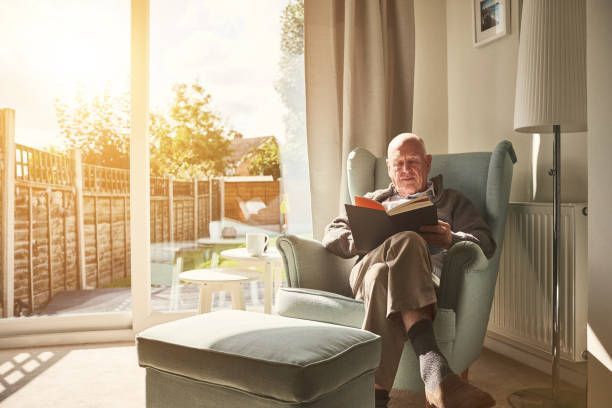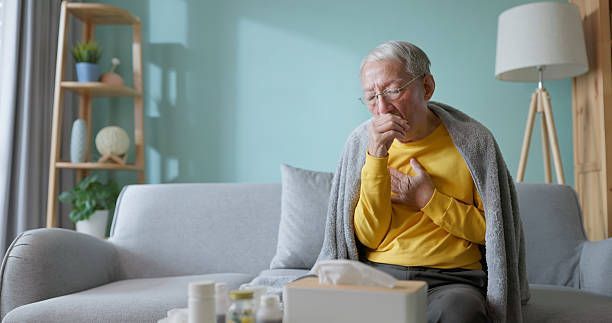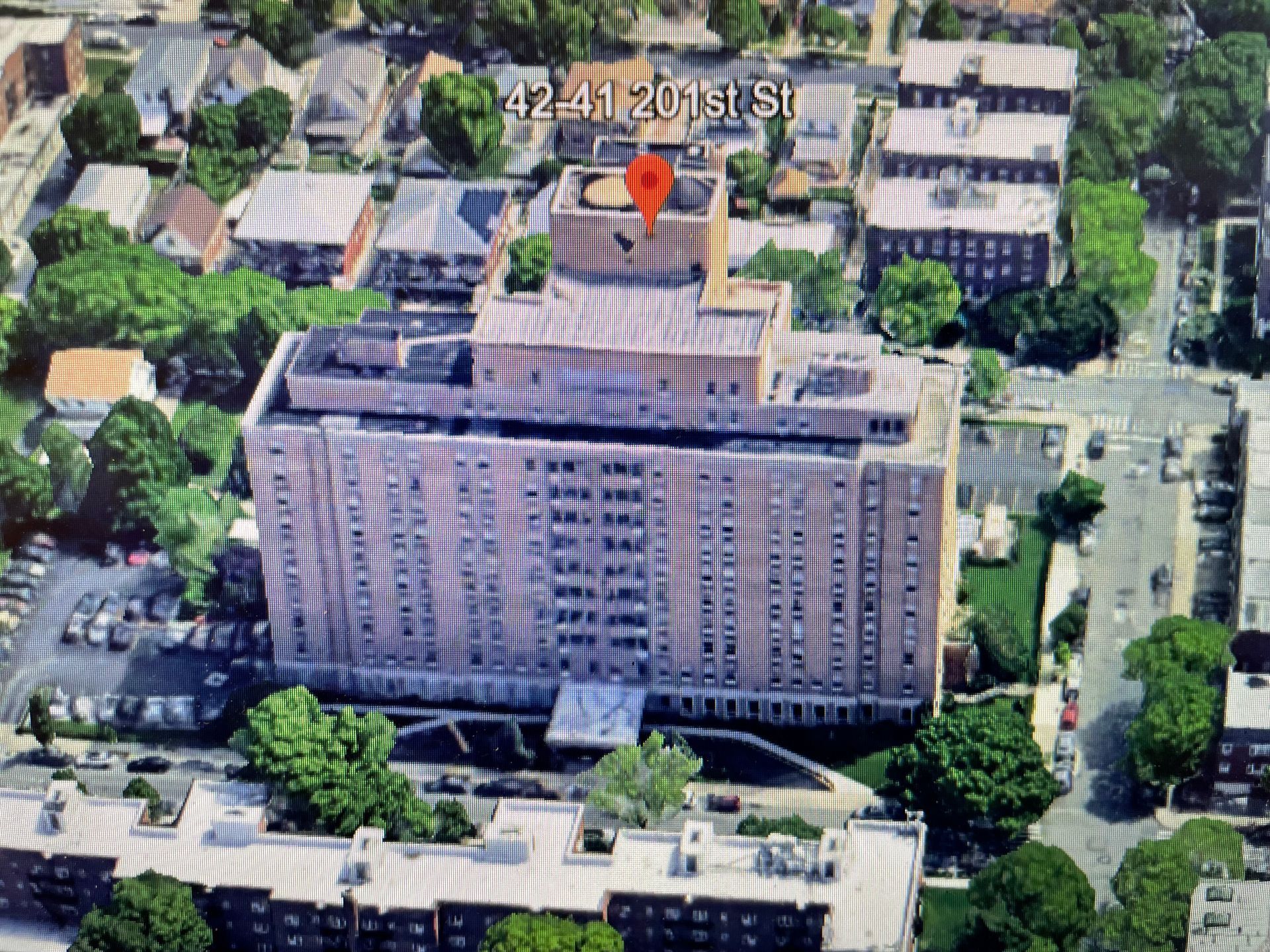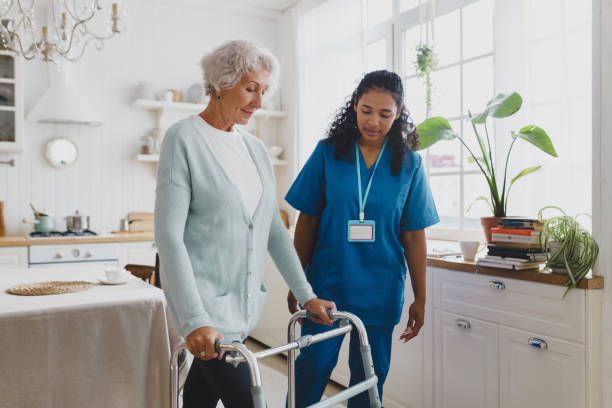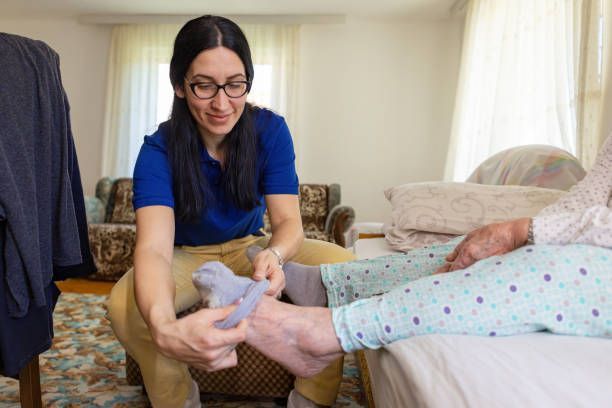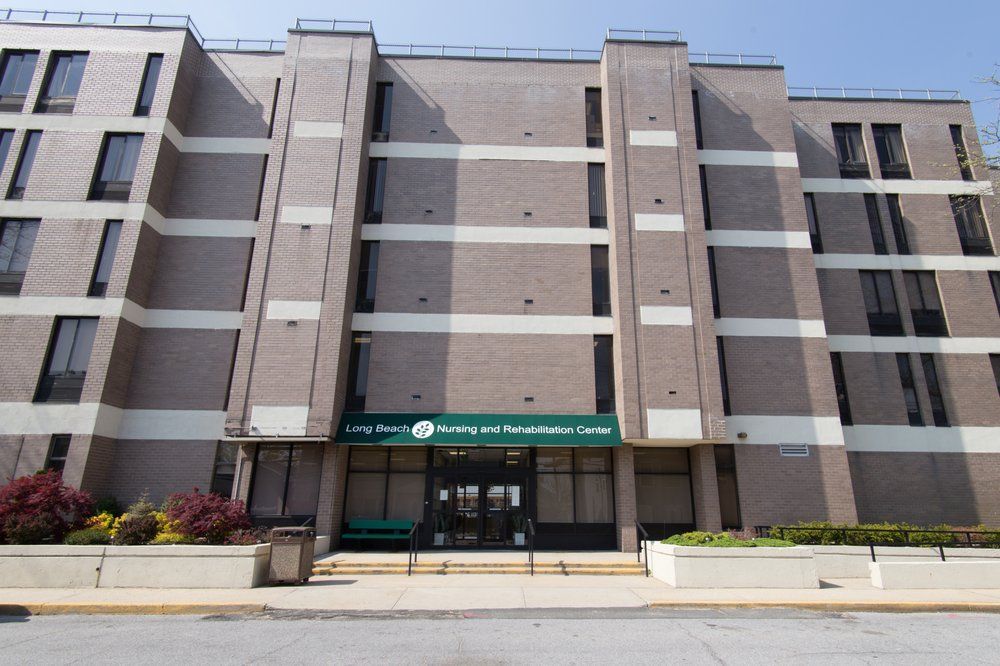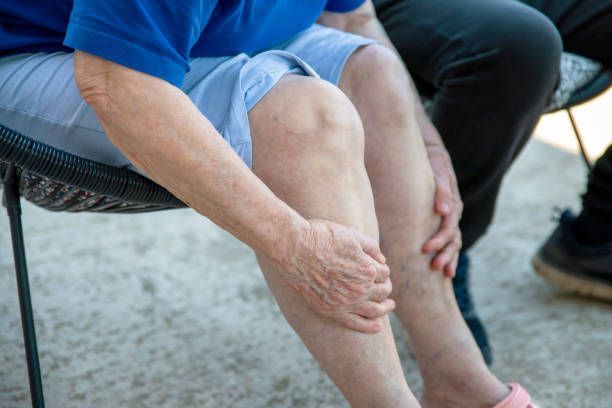5 Home Safety Tips for the Elderly Living Alone
5 Home Safety Tips for the Elderly Living Alone
At 7 Day Home Care, we prioritize the safety and well-being of elderly individuals living alone with these essential home safety tips. First, ensure proper lighting throughout the home, especially in hallways, staircases, and bathrooms, to prevent falls. Second, install grab bars and handrails in key areas such as the bathroom and along stairways to provide extra support. Third, remove tripping hazards like loose rugs, clutter, and electrical cords from high-traffic areas to reduce the risk of falls. Fourth, consider using medical alert systems that allow the elderly to quickly call for help in an emergency. Lastly, regularly check and maintain smoke detectors and carbon monoxide alarms to ensure they are functioning correctly, providing crucial early warning in case of fire or gas leaks. These measures can significantly enhance the safety and independence of elderly individuals living alone. 7 Day Home Care is licensed by the New York State Department of Health to provide home care services, including meal preparation in
Manhattan, Queens, Brooklyn, Nassau County, and Suffolk County, New York.

Are You Searching for a Home Care Agency Near Me
to Keep an Elderly Love One Safe and Secure at Home?
For elderly individuals who choose to live independently, ensuring a safe home environment is of utmost importance. As a leading provider of in-home care services in New York City, Brooklyn, Queens, Nassau County, and Suffolk County, 7 Day Home Care recognizes the significance of home safety for seniors. In this article, we will share essential tips to help elderly individuals living alone create a secure and comfortable living space that promotes independence and peace of mind.
1. Remove Hazards and Clutter t Keep an Elderly Loved One Safe at Home
Clearing the living space of hazards and unnecessary clutter is crucial in preventing falls and accidents. Seniors should be encouraged to organize their belongings and ensure pathways are free from obstacles. Installing grab bars in the bathroom and placing non-slip mats near sinks and showers can also provide additional support. The Centers for Disease Control and Prevention (CDC) reports that falls are the leading cause of injuries among older adults, with one in four seniors experiencing a fall each year.
2. Proper Lighting Can Mitigate Fall Risks for the Elderly
Adequate lighting throughout the home is vital for preventing accidental trips and falls. Ensure that all hallways, staircases, and entryways are well-lit, and consider using motion-activated lights for added convenience. According to the National Institutes of Health (NIH), poor lighting can increase the risk of falls among the elderly, emphasizing the importance of well-lit living spaces.
3. Emergency Response System Reduces Hospitalization Rates
Encourage seniors living alone to invest in a reliable emergency response system. These devices, such as wearable medical alert buttons, can provide immediate access to help in case of an emergency or medical issue. A study published in the Journal of the American Medical Association (JAMA) Internal Medicine found that medical alert devices significantly reduce hospitalization rates for older adults.
4. Medication Management and Elder In-Home Care
Proper medication management is crucial for seniors to avoid potential adverse drug interactions or missed doses. Using pill organizers, setting medication reminders, and having a written list of medications can help seniors stay on track with their prescriptions. The World Health Organization (WHO) estimates that approximately 50% of elderly individuals take their medications incorrectly, emphasizing the importance of effective medication management.
5. Regular Home Safety Checks for Elderly Loved Ones
Regularly assess the home for potential safety hazards and make necessary adjustments. 7 Day Home Care suggests conducting safety checks frequently to ensure all safety measures are in place and functioning correctly. The American Association of Retired Persons (AARP) recommends conducting home safety assessments to identify potential risks and take proactive measures.
Home safety is a critical aspect of maintaining independence and well-being for elderly individuals living alone. By implementing these home safety tips, seniors can create a secure living environment that promotes a sense of confidence and peace of mind. At 7 Day Home Care, we are dedicated to supporting seniors in New York City, Brooklyn, Queens, Nassau County, and Suffolk County, providing comprehensive in-home care services that prioritize safety, comfort, and independence. For personalized in-home care services for your loved ones, consider 7 Day Home Care. To learn more about our services and how we can enhance the quality of life for your elderly family members, visit www.7dayhomecare.com or call 516-408-0034 and explore the compassionate care options available.
Brian Callahan
7 Day Home Care

